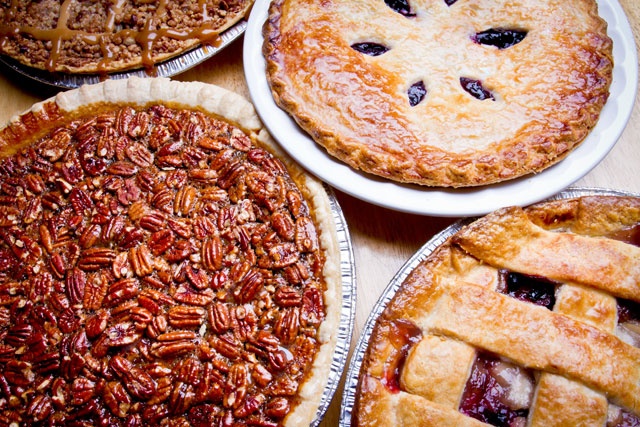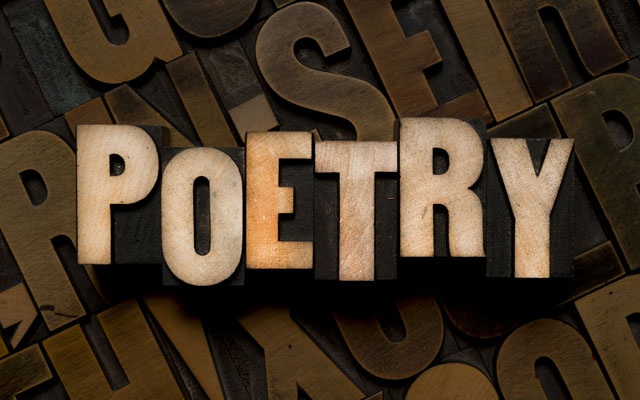Course Description
Unraveling Roots: Dive Deep into Genealogy
The desire to understand our past and connect with our ancestors is a timeless and universal one. In recent years, this curiosity has transformed genealogy into one of the most pursued hobbies, especially in the United States. The allure of unearthing stories, tracing back origins, or simply understanding the path that led to our existence today is undeniably powerful. Recent surveys suggest that close to 75% of Americans express a keen interest in discovering their family's past, a statistic that bears testament to the deep-seated desire to connect with one's roots.
This interest in genealogy isn't just about uncovering names or dates. It's a journey that reveals tales of migration, love, hardship, triumph, and myriad other human experiences. Some enthusiasts are driven by the desire to reconnect with their cultural or ethnic heritage, while others view this as an invaluable gift of knowledge and narrative for future generations. Engaging with elderly family members, hearing their stories, and understanding their perspectives can further deepen these connections, making genealogy as much about forging bonds in the present as it is about discovering the past.
The explosion of digital resources, ranging from databases to specialized software, has significantly simplified the once challenging process of tracing one's lineage. Whereas earlier, one might have had to travel to remote archives or sift through physical records, much of this exploration can now be conducted online, from the comfort of one's home.
Course Outline:
This course offers a structured and insightful journey into genealogy. We'll equip you with the knowledge, tools, and strategies to effectively chart your family's unique story. Here's a glimpse into our detailed curriculum:
-
Introduction to Genealogy: An overview of the field and its significance in understanding personal and collective histories.
-
Getting Started: Initial steps, gathering known data, and setting clear research goals.
-
Sorting It All Out: Organizing information, deciphering jargon, and using genealogical tools effectively.
-
Looking for Clues: Employing strategies to uncover hidden or obscure details about your ancestors.
-
Official Records (Parts 1, 2, & 3): Navigating different official documents, from birth and marriage certificates to migration and employment records. Learn the nuances and potential information each type can yield.
-
Learning from Others: Collaborating with family members, utilizing public family trees, and leveraging the work of fellow researchers.
-
Avoiding Common Mistakes: A guide to ensuring accuracy and authenticity in your research.
-
Dealing With Dead Ends: Strategies for overcoming roadblocks and challenges in your research journey.
-
Handling Special Situations: Addressing unique scenarios, such as adopted family members or historically undocumented communities.
-
Keeping It All Organized: Effective methods to catalog and store your findings for easy retrieval and future reference.
-
Family Histories: Crafting narratives and preserving your family's unique tales for future generations.
Real-World Applications:
Imagine stumbling upon a long-lost letter from a great-great-grandparent, detailing their voyage to a new country. Or perhaps you discover a family connection to a significant historical event, shedding light on personal stories amidst larger narratives. Genealogy often reveals such unexpected and deeply personal connections, making the past come alive in a tangible, impactful way.
Who Should Enroll?
-
History Buffs: Anyone with a love for history and storytelling will find genealogy to be an immensely rewarding extension of their passion.
-
Family Archivists: Those entrusted with preserving family memories and histories will gain invaluable skills to enhance their archives.
-
Curious Minds: If you've ever wondered about your ancestors or wanted to understand your family's journey through time, this course is for you.
In essence, our course aims to make the intricate tapestry of genealogy accessible, enjoyable, and deeply personal. As we delve into the past, we not only understand where we come from but also gain insights into who we are today. Join us in this captivating exploration of histories, stories, and connections.
- Completely Online
- Self-Paced
- Printable Lessons
- Full HD Video

- 6 Months to Complete
- 24/7 Availability
- Start Anytime
- PC & Mac Compatible
- Android & iOS Friendly
- Accredited CEUs

Learning Outcomes
- Describe how to begin the process of researching your genealogy.
- Describe where to look for clues.
- Describe where and how to find official records kept by local municipalities, churches, and other entities.
- Describe using technology to connect with other people that have information you need.
- Describe how to avoid common mistakes.
- Summarize how to write and publish your family history.
- Demonstrate mastery of lesson content at levels of 70% or higher.
Assessment Guide
| Assessment | Points |
|---|---|
| Lesson 1 Assignment: Why Genealogy | 20 points |
| Lesson 1: Introduction | 8 points |
| Lesson 2 Assignment: Planning it Out | 20 points |
| Lesson 2 : Getting Started | 10 points |
| Lesson 3 Assignment: Charting it Out | 20 points |
| Lesson 3 : Sorting it all Out | 9 points |
| Lesson 4 Assignment: Photographs galore | 20 points |
| Lesson 4 :Looking for Clues | 8 points |
| Lesson 5 Assignment: Record Sources | 20 points |
| Lesson 5 : Official Records: Part 1 | 9 points |
| Lesson 6 Assignment: Search Practice | 20 points |
| Lesson 6 : Official Records, Part 2 | 7 points |
| Lesson 7 Assignment: Land Records Search | 20 points |
| Lesson 7 : Official Records, Part 3 | 10 points |
| Lesson 8 Assignment: Joining Lists | 20 points |
| Lesson 8 : Learning from Others | 10 points |
| Lesson 9 Assignment: Making Mistakes | 20 points |
| Lesson 9 : Avoiding Common Mistakes | 10 points |
| Lesson 10 Assignment: Problems Encountered | 20 points |
| Lesson 10 : Dealing with Dead-ends | 8 points |
| Lesson 11 Assignment: Handling Special Situations | 20 points |
| Lesson 11 : Handling Special Situations | 9 points |
| Lesson 12 Assignment: Organization | 20 points |
| Lesson 12 : Keeping it All Organized | 10 points |
| Lesson 13 Assignment: Making a Plan | 20 points |
| Discovery at Family Gatherings | 30 points |
| Lesson 13: Family Histories | 7 points |
| The Final Exam | 51 points |



















